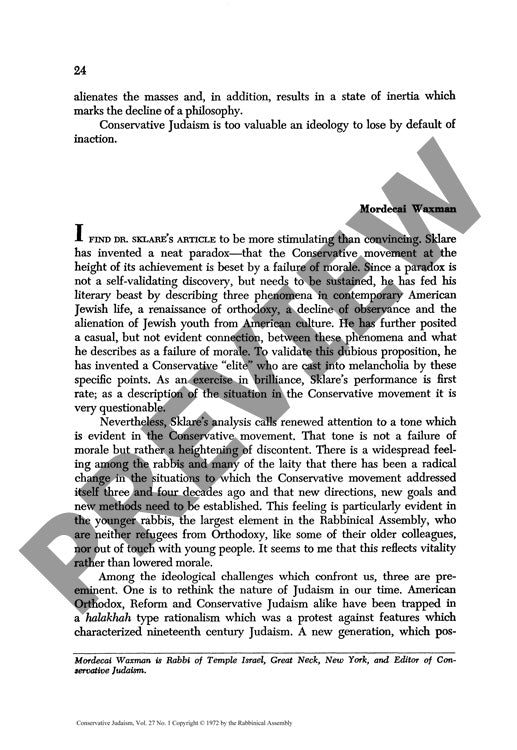Morale and Commitment Reactions to a Cri
Couldn't load pickup availability
Conservative Judaism's apparent crisis of morale in 1970s America masked a deeper story of institutional vitality and adaptation. Contrary to Dr. Sklare's assessment of failing morale amid peak institutional achievement, widespread dissatisfaction within the movement actually signaled an active wrestling with fundamental challenges. Through critical analysis of Jewish communal trends, three core ideological tensions emerged: the need to blend mysticism with rationalism for Jews disconnected from Eastern European traditions, the imperative to redefine American-Israeli Jewish relations after 1967's watershed events, and the challenge of crafting a philosophy of mitzvot relevant to an increasingly non-observant constituency. Beyond ideology, the movement faced practical hurdles including demographic shifts, falling birth rates, increased mobility, and the transition from inherited to actively cultivated membership. Rather than indicating decline, these challenges and the resulting discontent served as catalysts for necessary evolution, demonstrating Conservative Judaism's capacity for meaningful renewal through engagement with contemporary realities.

More Information
-
Physical Description
-
Publication Information
Published 1972
ISBN
-
Publication Credits
Mordecai Waxman

